Yesterday morning I awoke with the plan of having a slow day. And then I wrote a tweet – suggesting to actors that I had the time to watch a few of their acting showreels.
Actors – send me your showreels
I’m going to spend a few hours today watching & commenting on what I like and/or any quick fixwes I think could punch up your reels.
& maybe do zoom calls with 1 or 2 of you if it’s useful.
Share your reels – let’s get ready for post-lockdown. pic.twitter.com/DNZfwbrBNs
— Daniel Johnson | Writer/Filmmaker (@danieljohnsonuk) April 30, 2020
The reels started pouring in – literally hundreds – and I set myself the task of working through them one by one. I don’t know how many I watched, but it was definitely over a hundred and if you told me I watched two hundred and fifty of them I’d believe you.
I gave feedback on every reel I watched.
Each reel had it’s unique strengths and weaknesses, but over time I began to see that collectively, many of the same mistakes were being made. It’s not even that they’re mistakes necessarily, but when you see two hundred of anything, you begin to see similarities. I began to understand more than ever what it’s like to be a casting director wading through endless reels.
The key to being cast is, of course, to stand out. To have someone watch and say “we need that actor!”
I feel the notes below will help your next edit get you a little closer to where you need to be.
1. You don’t stand out by being the same.
This was an important lesson for me to learn too. As someone who creates showreel scenes for actors I realised more than ever that ‘just another break-up scene’ won’t cut it.
For the material to be valuable, you need bold choices.
And bold doesn’t mean bigger. Out of all the reels I saw some of my favourites were when an actor had hardly any dialogue, just seeing a character stop and breathe felt fresh and risky.
2. Characters need connection.
It’s crucial that scenes have conflict, something to erupt the spark.
You also need to show strong ‘types’, which I’ll get to shortly, but even more key than that is you need to show human interaction.
If your scene is just you yelling at your Mum in the kitchen about how angry you are about how bad a mother she is, we’re not really seeing connection we’re just seeing a shouty showreel scene.
When we see a calmer scene, with unique choices, maybe a wry smile as the girl says, “I loved you, Mum, but you made things so difficult,” we’ll probably relate more.
3. It’s said that casting directors lack imagination*. Maybe, but they’re not stupid. They know a good actor.
You don’t need to IMPRESS them, you just need to be a great actor.
Some of the BEST moments in reels yesterday were two or three seconds of a character just breathing and looking out the window.
You don’t need to be screaming in the scenes.
You just need to be real.
*I don’t think casting directors lack imagination. I think they have a tough job and they’re responsible for casting people who can definitely nail a role, and that’s a big responsibility.
4. Don’t Use Wannabe Big-Budget Style Scenes.
What I mean is, if you have filmed material that was done super cheap and quick, your best bet is having it in close up – showing your casting.
If you were in a project where they tried to recreate World War 2 but did it in an Asda car park, it looks far more shit than you realise and it’ll make your acting look bad.
If the material doesn’t ring true to you as a viewer – it won’t convince anyone else.
5. If you use a ‘from scratch’ company, politely push them out of their comfort zone.
Us showreel peddlers all have our comfort zones. The bad news in the kitchen filmmaker, the deep scene by the window filmmaker, the walking along a field where an argument happens filmmaker, the quirky date outside the front door filmmaker, we all have our default scenes.
Sometimes they work, but sometimes they’re lazy. If you work with someone who does reels consistently, ask how they’ll make yours original and memorable.
Work with them if you like the answer.
I think the main job of from scratch reels is to show specificity. Often, when an actor throws a hodge-podge of short films and a bit of TV work together, it can feel aimless, a little all over the place.
Well-written scenes (and writing is THE key) can help narrow your casting (this is a good thing) and you can begin to dictate to the viewer how you should be cast.
6. Accept the material you have.
I’m not saying don’t get new material. But if you use what you have now, accept it for what it genuinely is.
Casting Directors are very screen-intelligent.
If you had two lines opposite Ricky Gervais, they know EXACTLY the type of role you had. If you try to re-edit it to look like the lead, they’ll know you’re lying.
Don’t get me wrong, when I edit reels I try to gently nudge the edit more towards the client’s face, but don’t force it. It’s a scam and you’ll look bad.
The material you have is the material you have. Show the best of it then move on.
7. Don’t overstay your welcome.
Use your best scenes, don’t let the material get worse.
Not only should you use your best scenes, but use the best parts of your best scenes. Every moment that passes is a chance for the viewer to switch off, don’t give them the opportunity.
8. Don’t Think You Need a full 3 Minutes of Material.I feel like a lot of actors, whether they have one scene or nine scenes, try to pack it all into their reel for an entire three minutes.
Don’t pad it out. If your best material is done after fifty nine seconds, stop there.
9. Don’t add random material just to show Range.
If you’ve run out of ideas and are thinking about throwing in that weird not very good short film where you dress as a carrot just to show range, don’t do it.
Show range by using the best material you have.
Say you have three amazing ‘gritty scenes’ and one badly filmed averagely acted rom-com scene, don’t use the rom-com one, it’s not good enough.
Use the best stuff you have.
10. Be ruthless in choosing material.
Your 2017 scenes were great but once you have a great 2020 scene, the rest will start to age. It’s just the nature of getting older.
Every scene you have has a temporary use. If Tom Hanks used a reel to get work right now, I don’t think he’d be using ‘Big’ or ‘The Money Pit’.
When I started doing showreels, just after World War 2, reels were a way of showing everything you’d done. But these days, they’re about showing where you are.
It’s great you were in EastEnders in 2013 but that’s not who you are anymore. Be bold and move on to newer stuff.
To learn more about my showreel services, LOOK HERE.
Email me: dj@danieljohnsonfilms.co.uk —- Tweet Me: @danieljohnsonuk

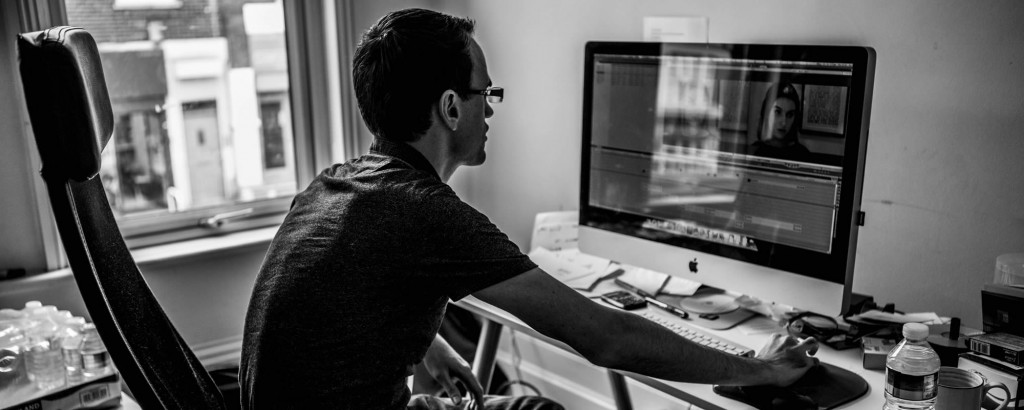
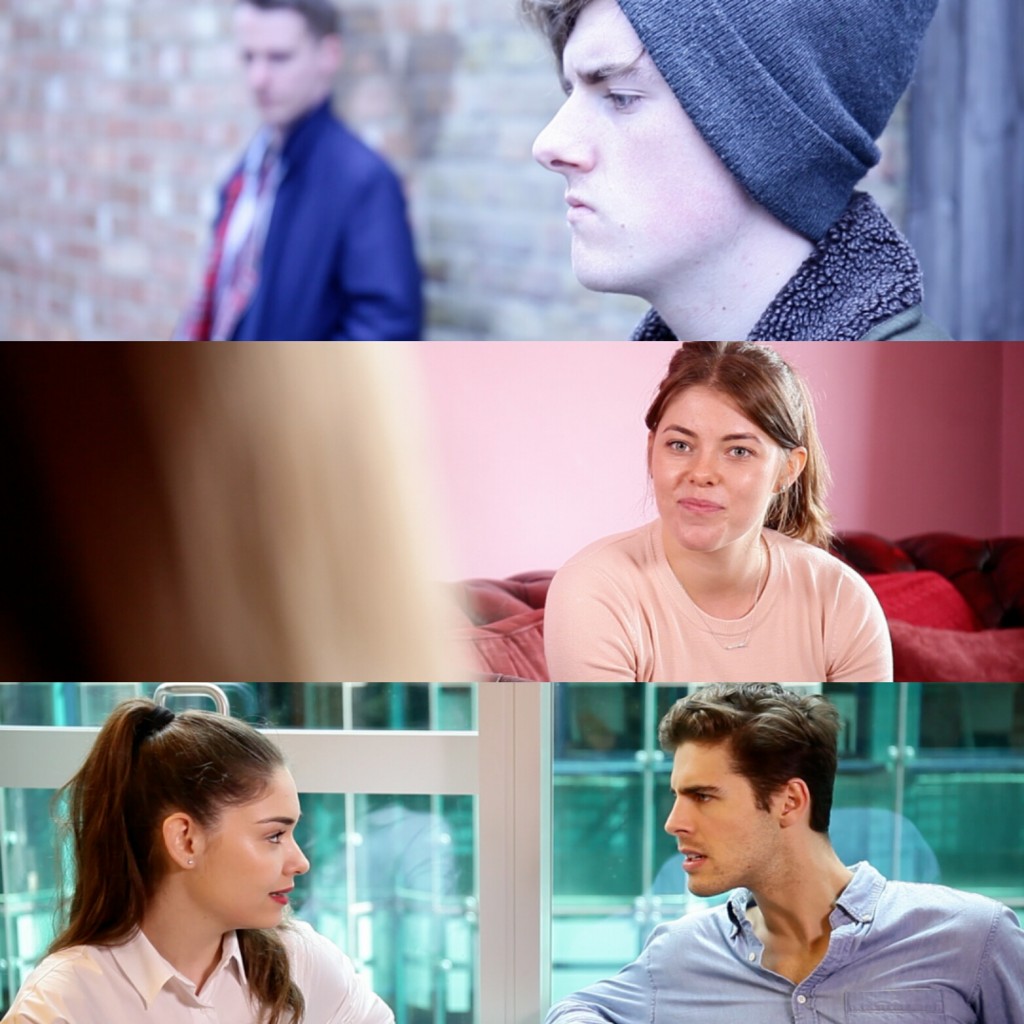
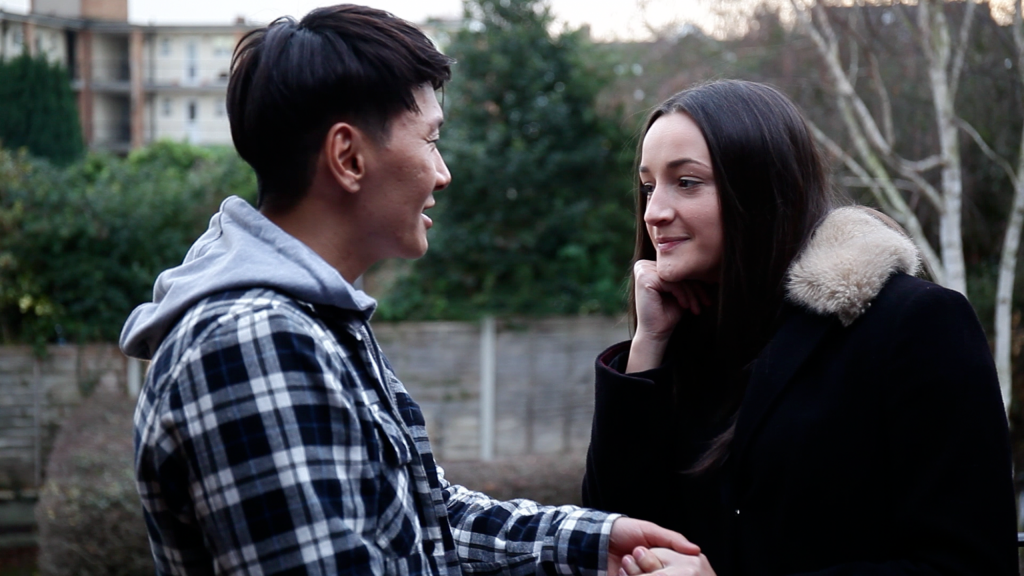
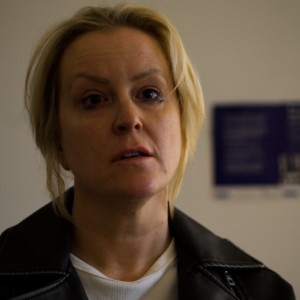
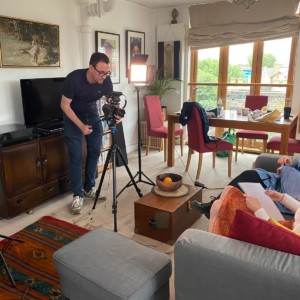












7 Responses
This is great advice. Thanks so much.
As we all know, the hardest part is to actually get to be seen. An actual CD to look at us.
It really is the survival of the fittest.
Have a fab day!
Love Jill
X
GREAT INFO! THANKS
Thanks for the insight…I’m thinking mine is ok for now ..it all makes sense and I guess I’ve been lucky to have good people working with me!
love this. thnks so much for taking the time to write this out!
I think my reel answers to your points. I chose two scenes with good audio to sample my voice, for the rest I thought I’d highlight that which was important. It wud be great if you gave it a minute, which perhaps lead to an audition tape:) https://vimeo.com/409179937
Love this, great information!
Thank you so much for doing this! Very timely, just about to get a new showreel done to hopefully hit the ground running in 2021. I can’t speak for other actors, but I find it SO difficult to know what to put in/leave out to get a foot in the door. Fabulous article. x
Insightful and helpful.
Felt like a fresh perspective.
Thanks, Mark